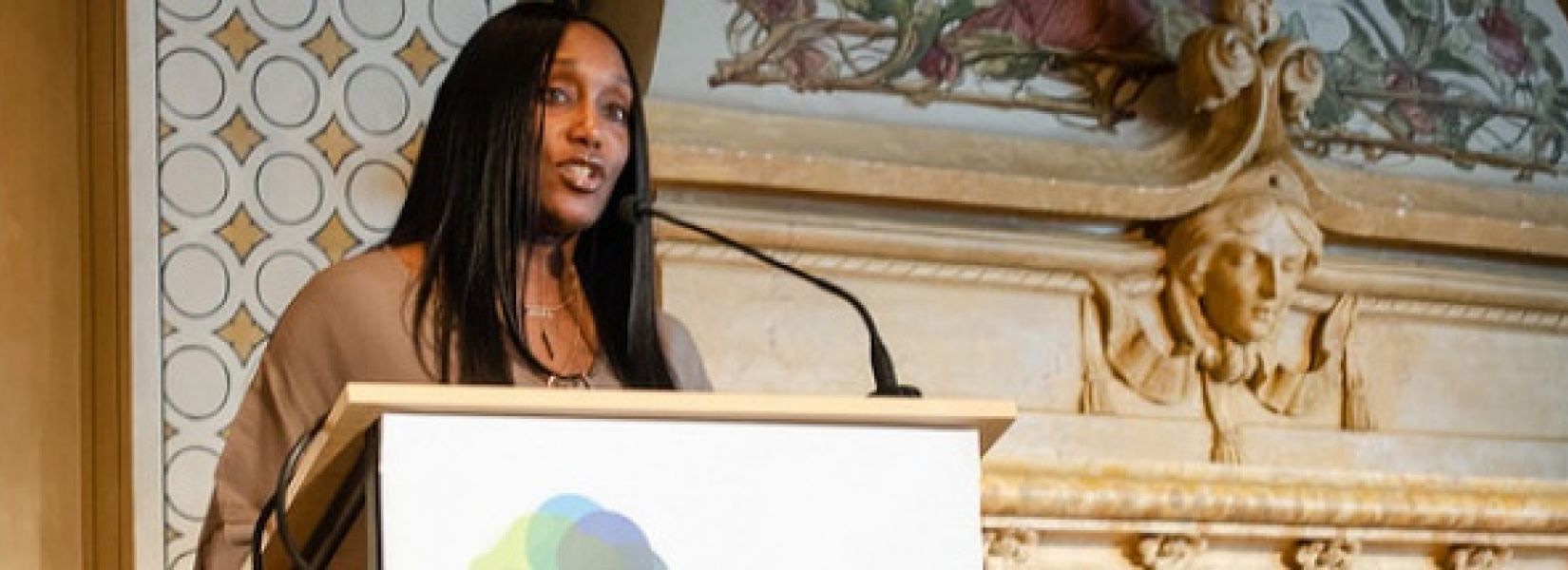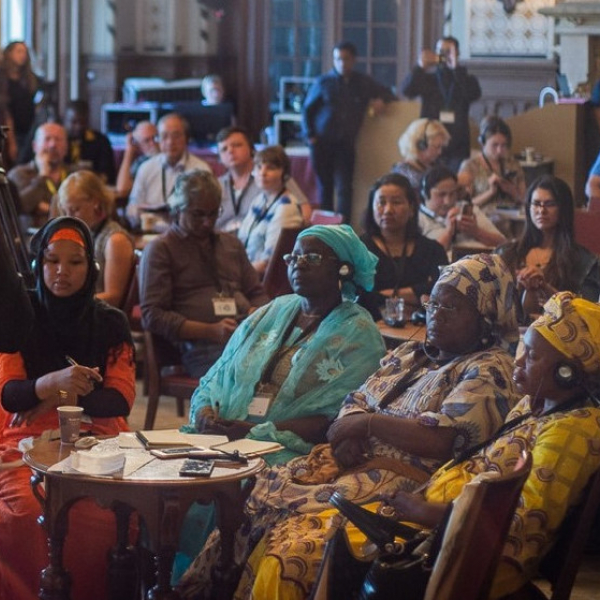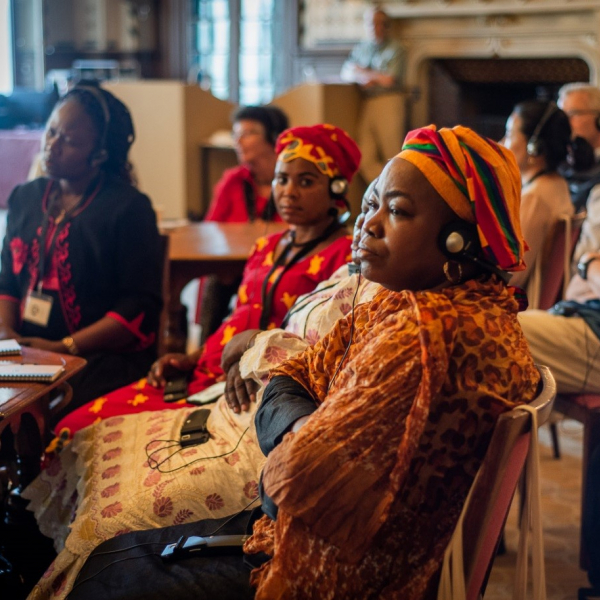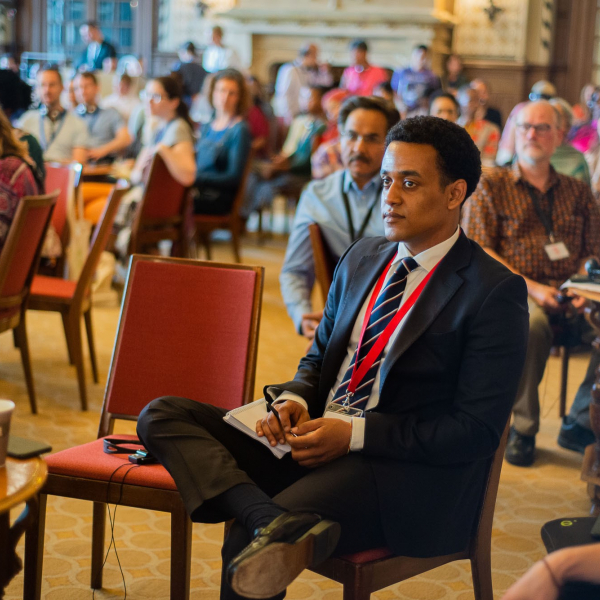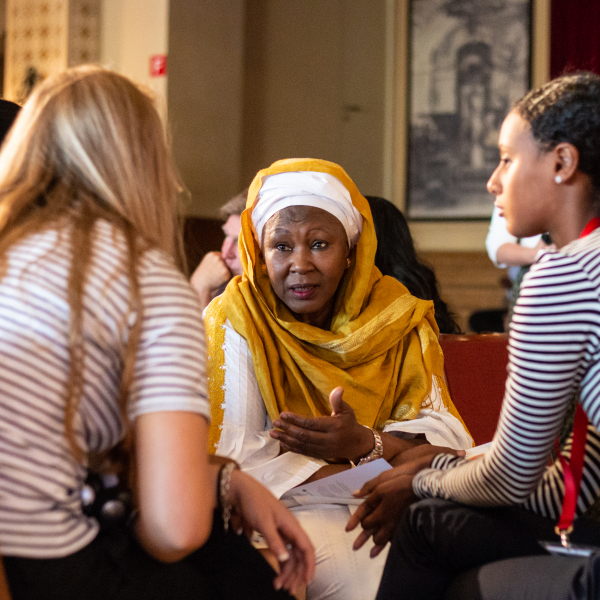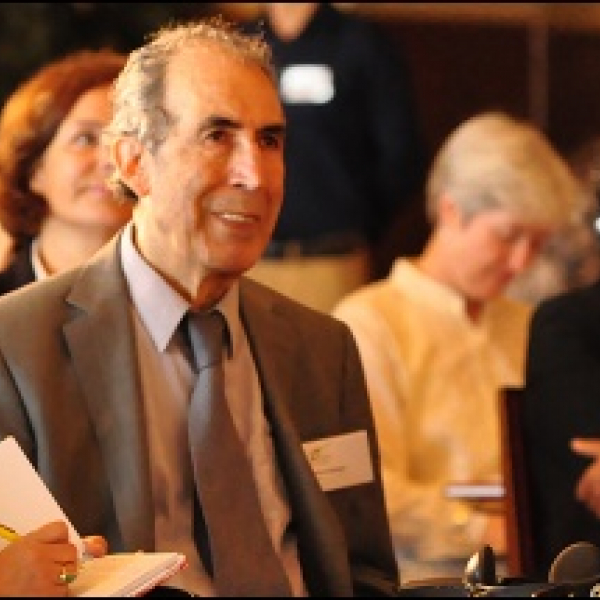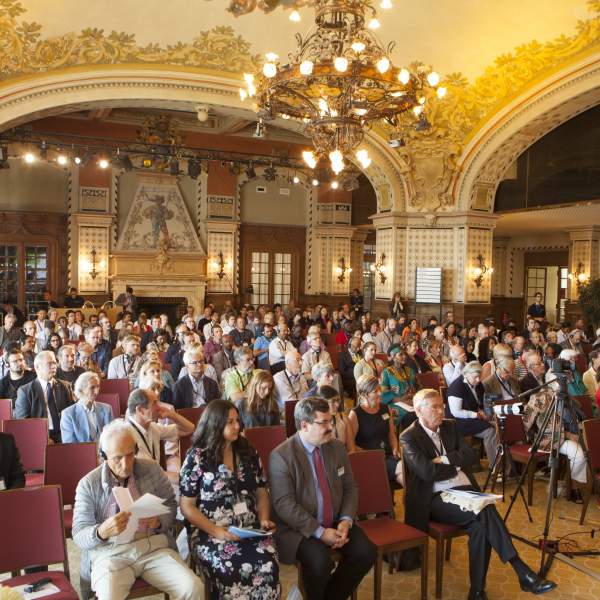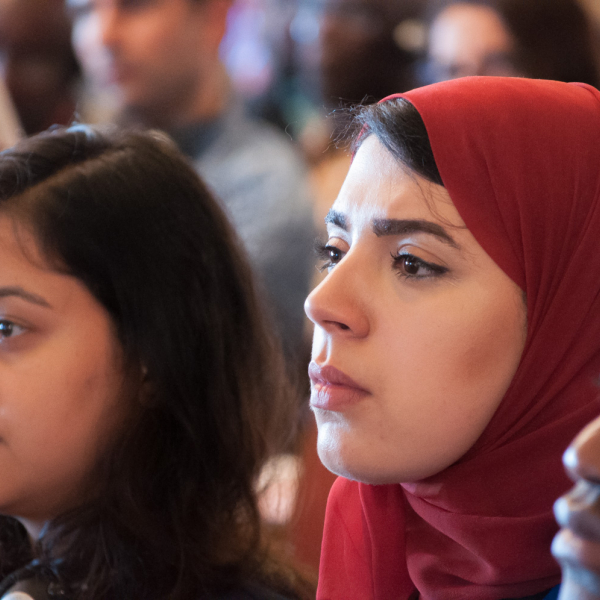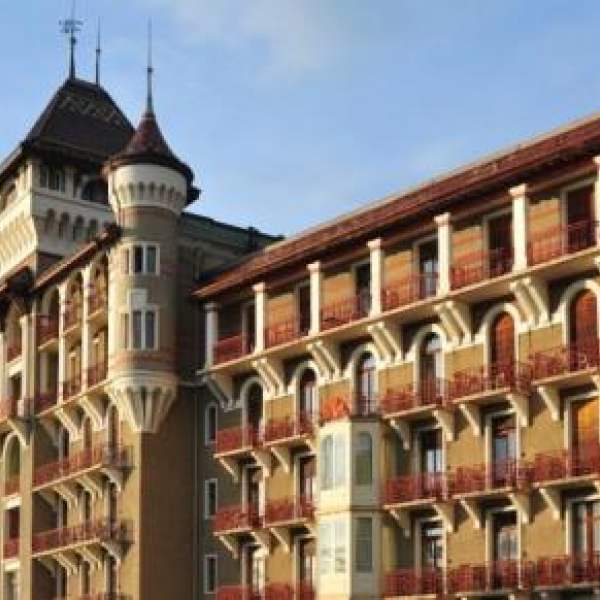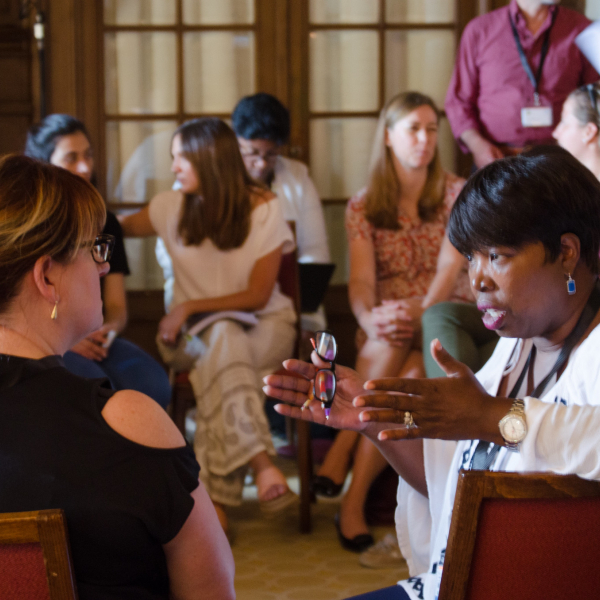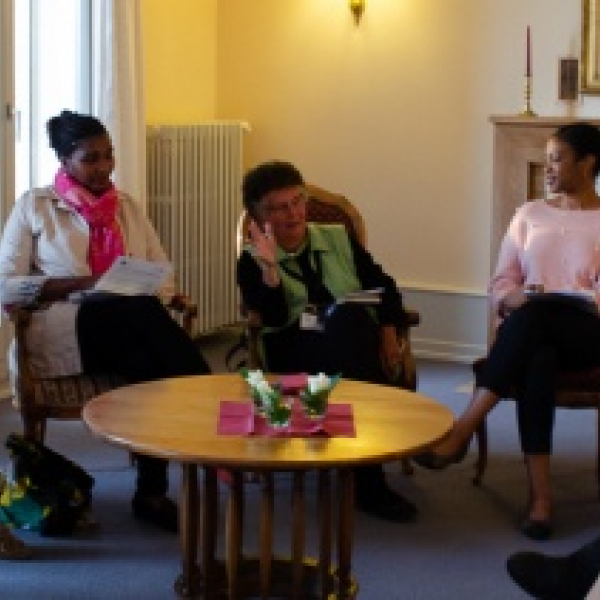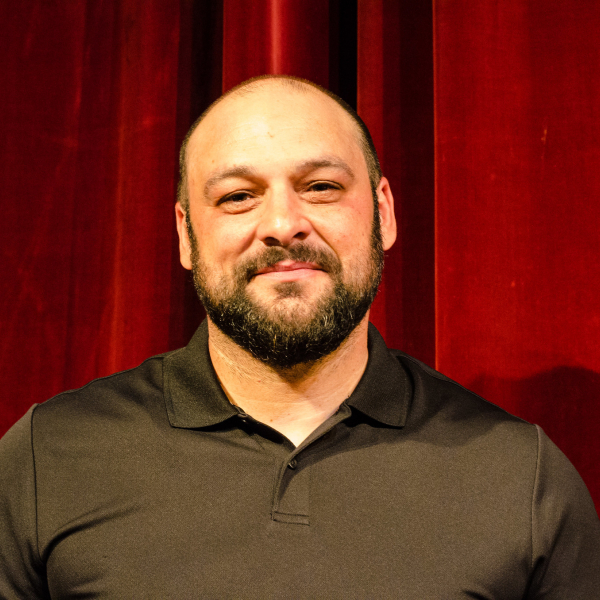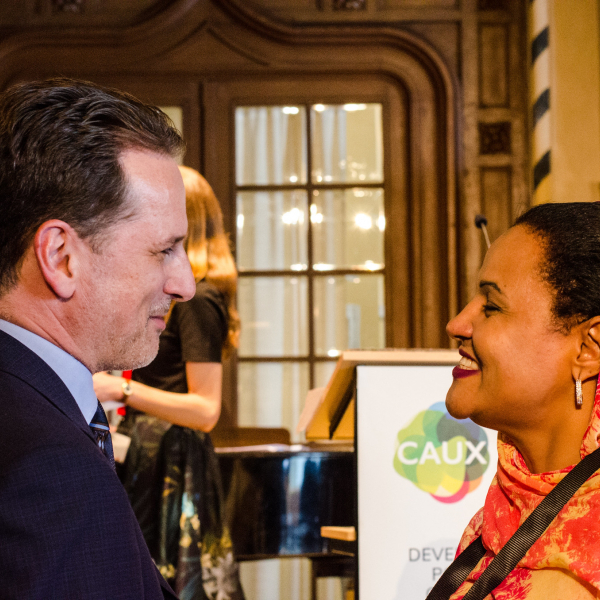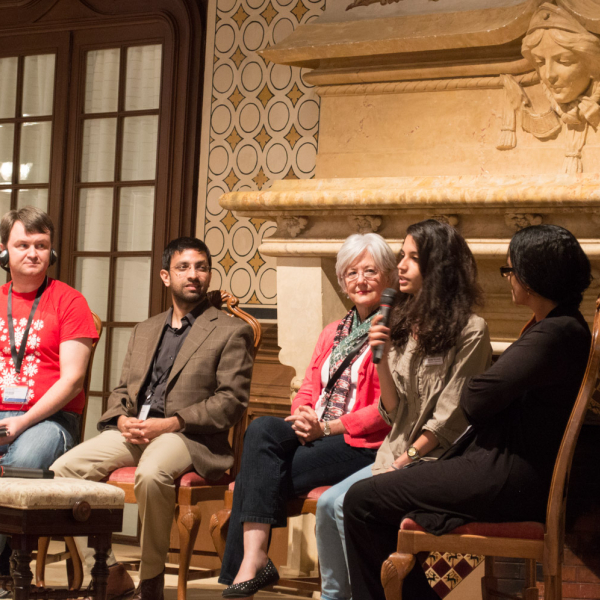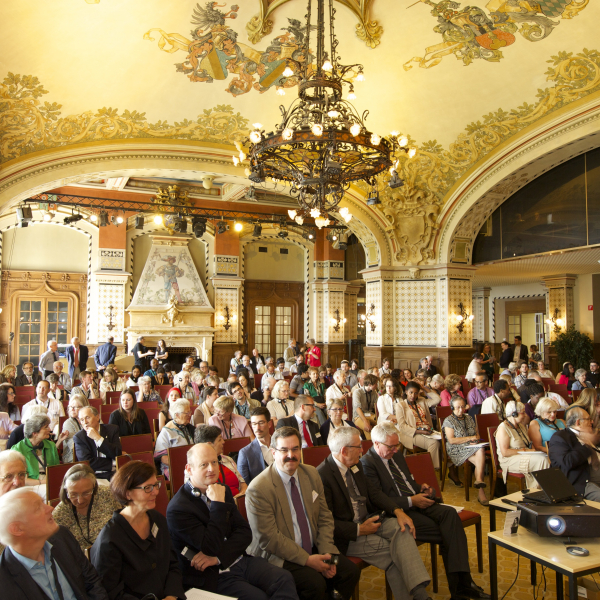‘Caux is a place for me to learn from others and for others to learn from me.'
Just Governance for Human Security 2018: An interview with Shalisa Hayes
08/07/2018Seven years ago, Shalisa Hayes’s son, Billy Ray, was shot in cross-fire while attending a party with his friends in Tacoma, a city south of Seattle, USA. Shalisa reacted to this tragedy by creating a community centre in her neighbourhood and an association called MOM (Mothers of Magnitude). She first came to Caux in 2017. This year she was back for the Just Governance conference. We met in the Tea Room, on a misty Caux morning.
So, Shalisa, how does it feel to be back in Caux?
It feels great! I was looking forward to this trip and meeting so many people.
You have got an incredible story, first with the tragic loss of your son, then your initiative to create the community centre and Mothers of Magnitude. In all this, how did you discover the Caux Forum?
I understand that someone here in Caux read my story in the newsletter of Giraffe Heroes. They came looking for me and asked me to come to Caux.
How did your visit to Caux in 2017 go?
It went very well. There were people from all parts of the world, a lot of information, a lot of stories and a lot of longterm connections were made. I really enjoyed myself here and enjoyed the opportunity to share my story.
And what made you come back to Caux?
There are two parts: it’s important for me to learn from others and also I feel it’s important for them to learn from me. As an African American I have learned that in my own country some people tend to erase our history.
How did your inspiration to serve the community begin?
I have always, in some way, advocated for the community. I always mentored young people. I did it in a smaller scale, but then the tragedy put me on a bigger platform. One day my older son asked me how do you open a community centre? So I gave him some ideas and tips. But I work in insurance, I don’t build buildings, so I didn’t know exactly how to do that. Nonetheless he was thinking about the importance of having a community centre, as there were no facilities in our neighbourhood for young people to congregate in a safe space when they were not at school. Unfortunately, six months after we had that conversation, we lost him to gun violence.
What was the consequence of this tragedy?
A couple of days after my son’s death, for whatever reason, I thought in my mind ‘community centre’. At his funeral I gave a speech mentioning that project. And two days later, I had a group of my son’s friends organizing a fundraising carwash to create that community centre. That is what inspired me to create the Billy Ray foundation, named after my son.
To make the community centre happen, we lobbied our government, at the local level, at the state level and even at the federal level. Eventually we managed to raise a lot of support. We later found out that we needed to raise $30 million for the construction of that building! I don’t know how many car washes those kids did, but we managed to raise it!
Did you also ask for private funding?
We made sure that while we were lobbying for government funding we were also lobbying for private funding. So here we are, seven years on, and our community centre will be opening in a couple of months. We managed to build it in record time, as according to what I had been advised it usually takes 10-15 years to raise the money and build this kind of community centre.
Tell us about your other project, Mothers of Magnitude?
Through my journey of civic engagement, I began to be contacted by other mothers who had lost children, whether it was that they wanted to support me or just wanted someone to talk to who could correlate to their situation. I decided, with the support of my team, to organize a dinner for mothers who had lost children. It was just going to be one dinner, but then the whole thing took off as more and more people started to ask about it and wanted me to do it again. More and more mothers were reaching out to me and as a result I became a peer-person or, as we could say, a ‘grief coach’, someone they can call at 2am if they are having a tough night thinking about their child. And now we have a nationwide network of mothers who can support each other.
By Félix Portier, 2018 Caux Forum Communications Intern
